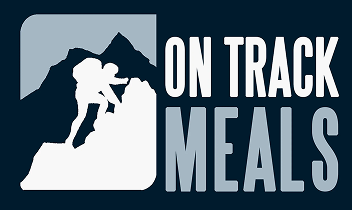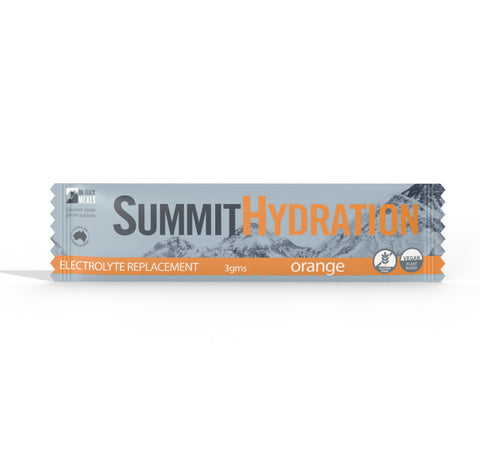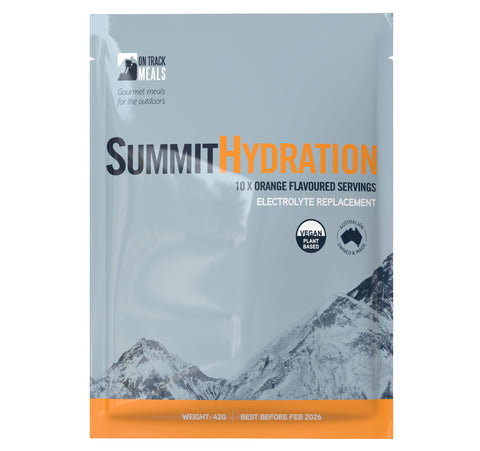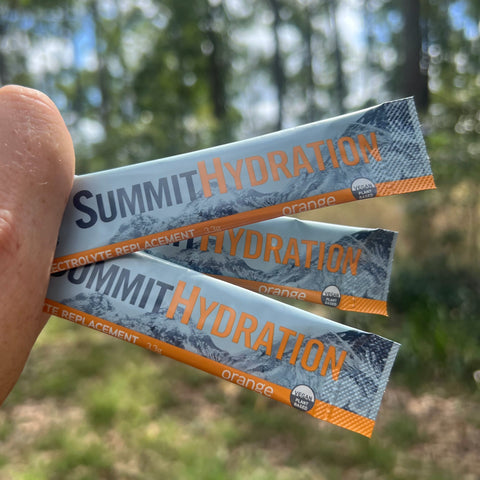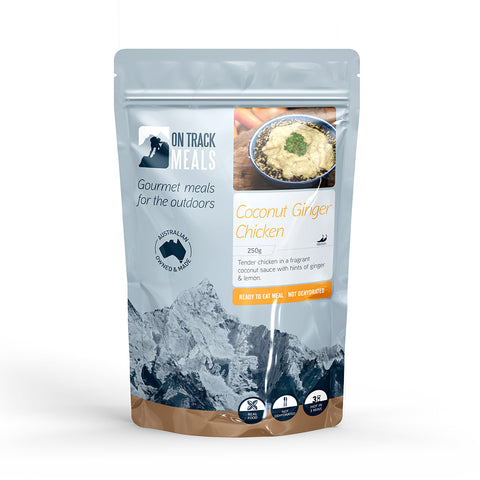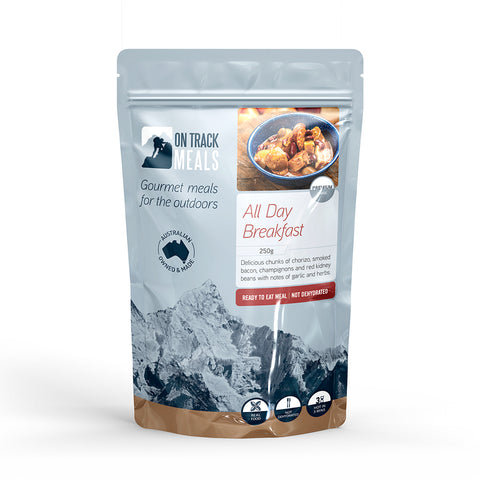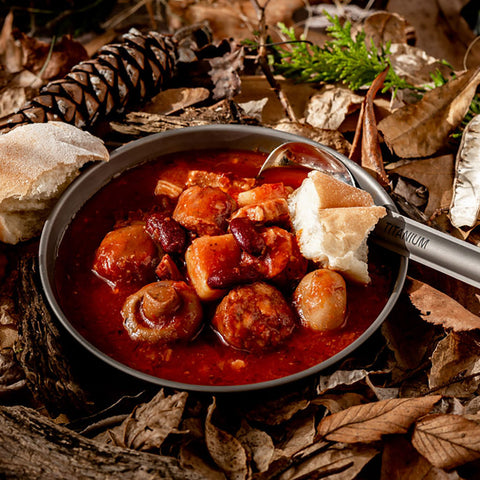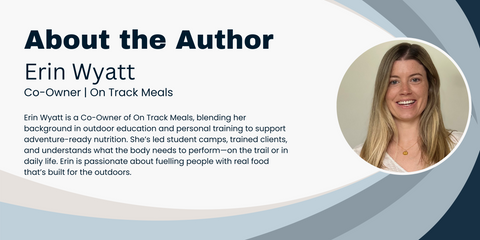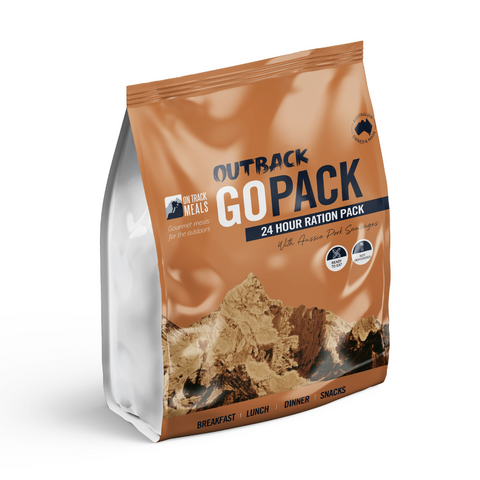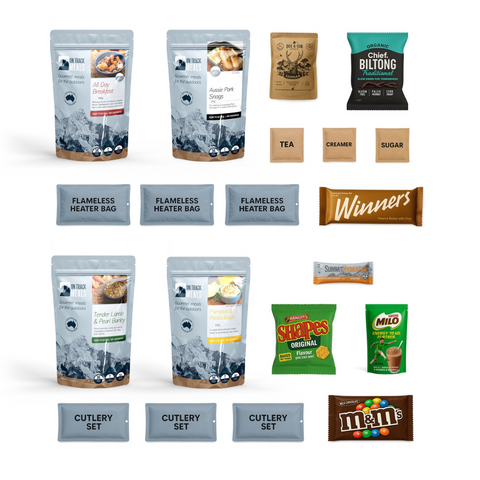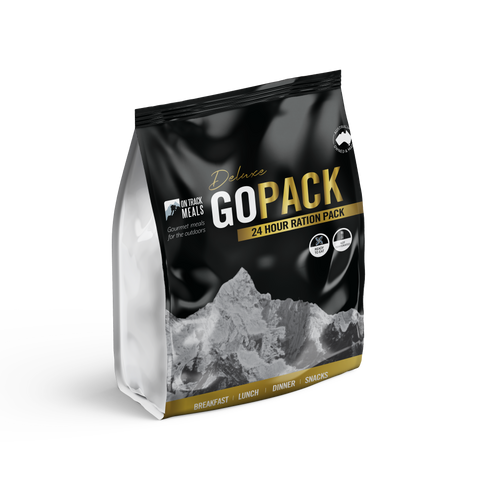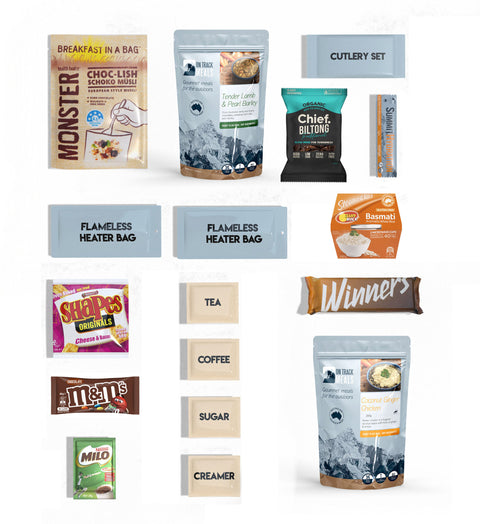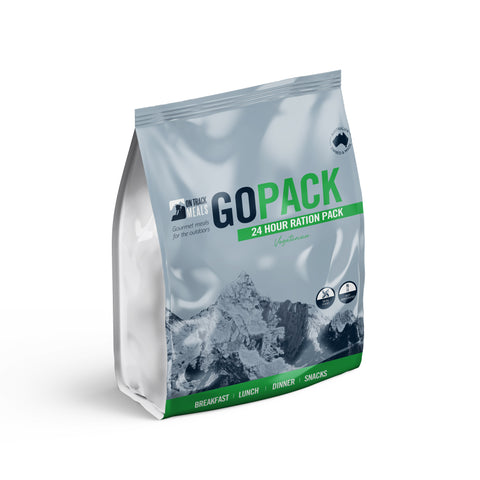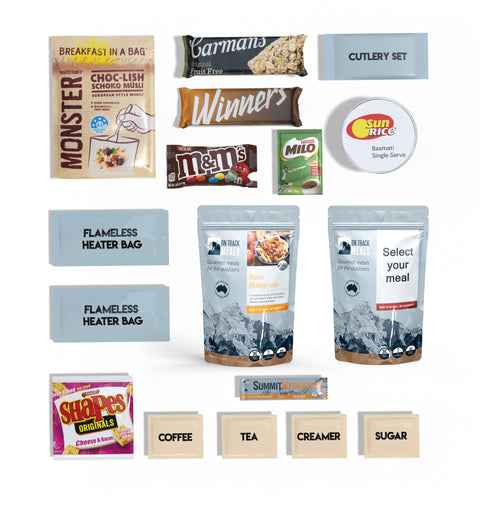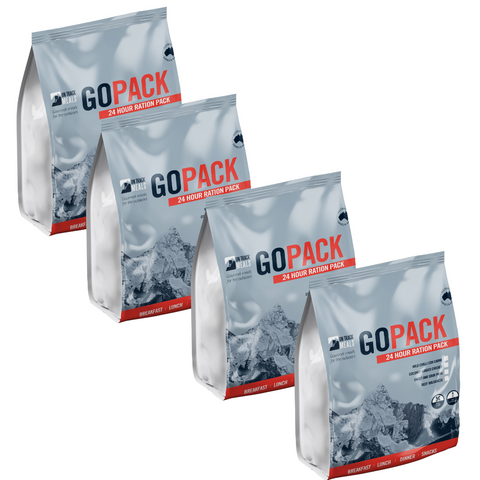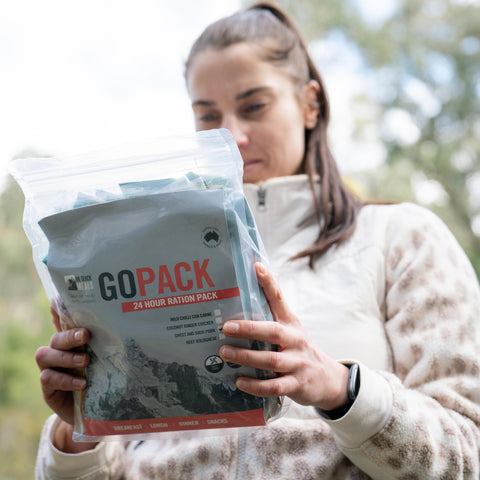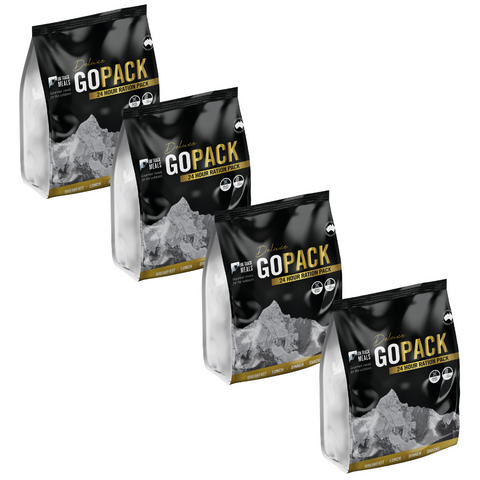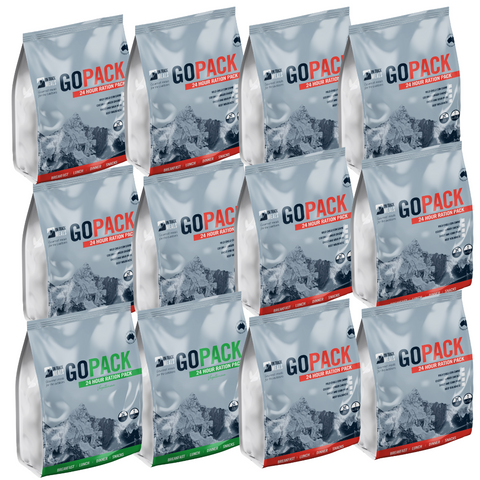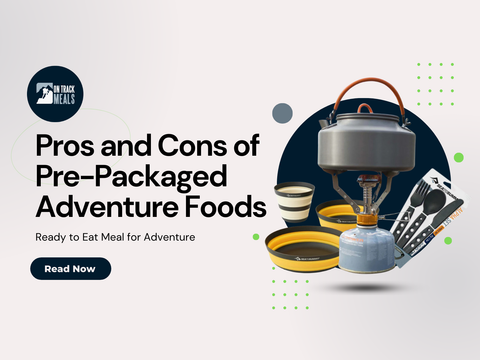Q. What are the most common meal planning mistakes first-time campers make?
A. New campers often assume they’ll be stuck eating instant noodles, tuna, and bland dehydrated food. Many also forget to pack enough snacks, don’t plan for variety, or bring meals that require too much gear to cook. Others pack raw foods that spoil or underestimate how much fuel, water, or time is needed to prepare meals.
Q. How much food should I pack for a camping trip to avoid overpacking or running out?
A. A general rule is to plan for 2,500 to 3,500 calories per day, depending on how active your trip will be. Pack three main meals plus snacks, and always include a backup no-cook option in case your stove fails or conditions change. Choose meals that are compact, lightweight, and high in energy—like ready-to-eat pouches or muesli bars.
Q. Why is it important to test camp meals before the trip?
A. Testing meals ahead of time helps you know if you actually like what you’re bringing—and if it works with your gear. Some meals need more water or cooking time than expected. By trialing food at home or on a short trip, you can avoid surprises like burnt dinners, broken gear, or meals that don’t keep you full.
